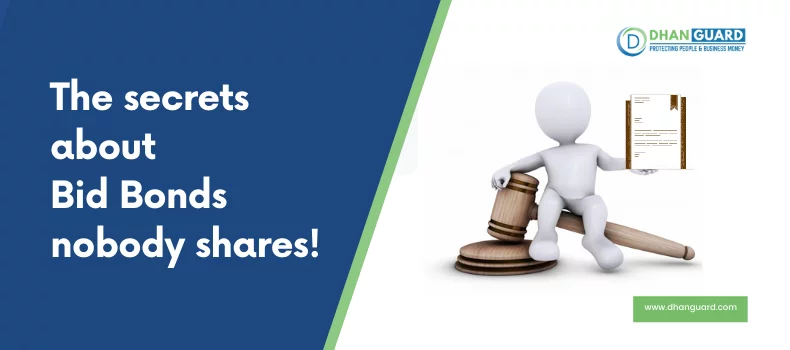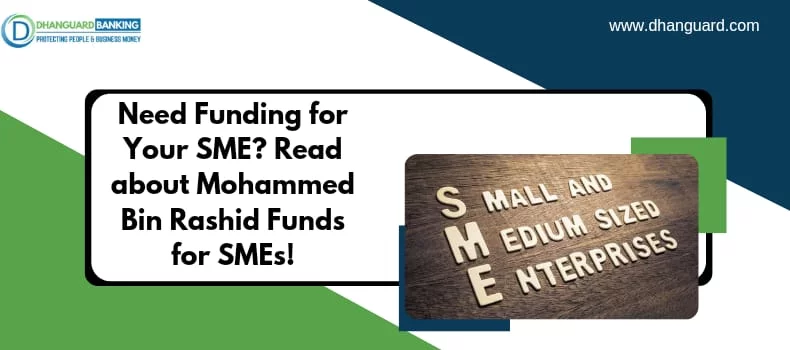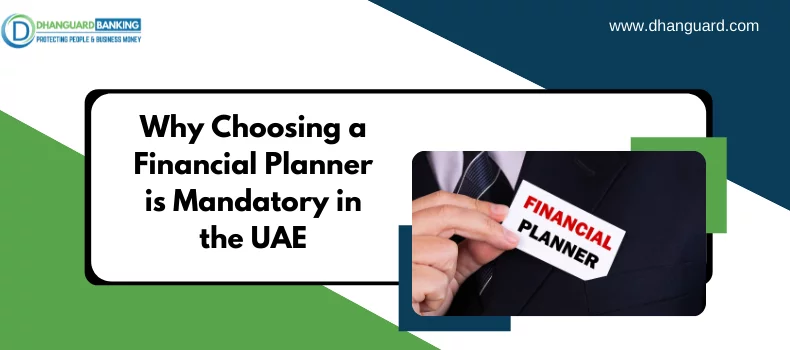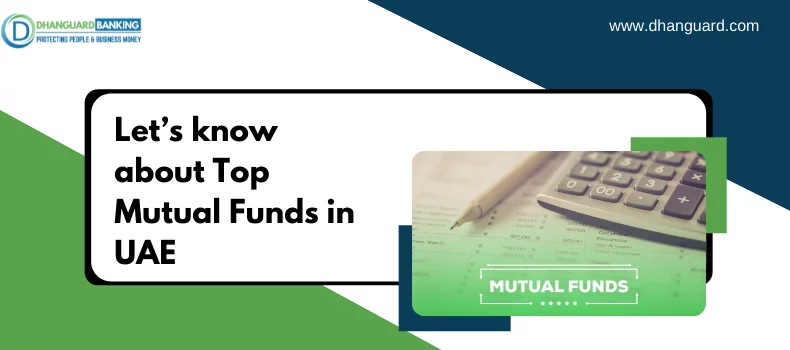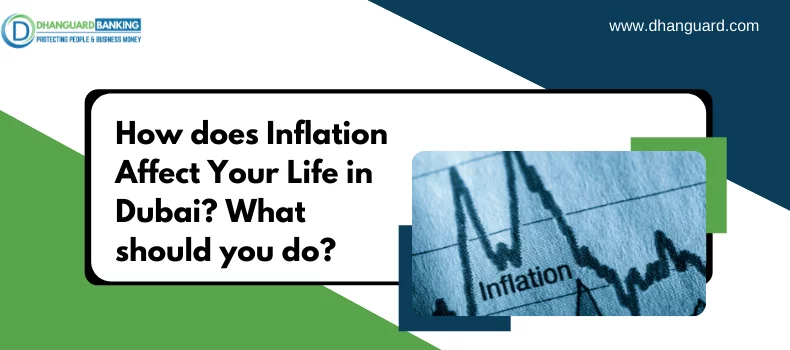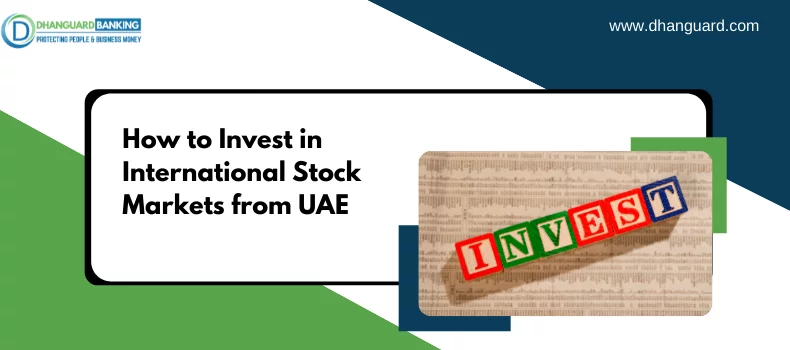The Secret about Bid Bonds Nobody Shares!
In this day and age, surety is that privilege which everyone wants to have but only a few can afford. This surety can be related to any facet of life....
In this day and age, surety is that privilege which everyone wants to have but only a few can afford. This surety can be related to any facet of life....
On September 13, Salik, a government owned toll operating institution in Dubai, started receiving IPO subscriptions. Assuming a market capitalization ...
As the economic impact of the COVID-19 emergency grows, entrepreneurs in every field are scrambling to secure labour and corporate flexibility.Governm...
A stock market is a location where stocks (shares) of a specific company are traded. Companies divide their shares and trade them, allowing the genera...
Mohammed Bin Rashid Fund for SME's goal is to provide Emirati investors with funding for creative pilot projects, including small and medium sized bus...
Money management is essential for budgeting and developing your wealth. Although saving and financial planning are personal choices, having appropriat...
The UAE offers a number of advantages for long-term savings and investments. During times of financial insecurity, it secures and protects your loved ...
It's incredible to see how much the UAE has progressed over the last few decades. The barren deserts of the Gulf have now become one of the most varie...
Inflation is described as the rate at which prices grow over time. Inflation is usually defined as a broad measure of price increases or increases in ...
A stock market is a location where stocks (shares) of a specific company are traded. Companies divide their shares and trade them, allowing the genera...
Get Free Consultation

